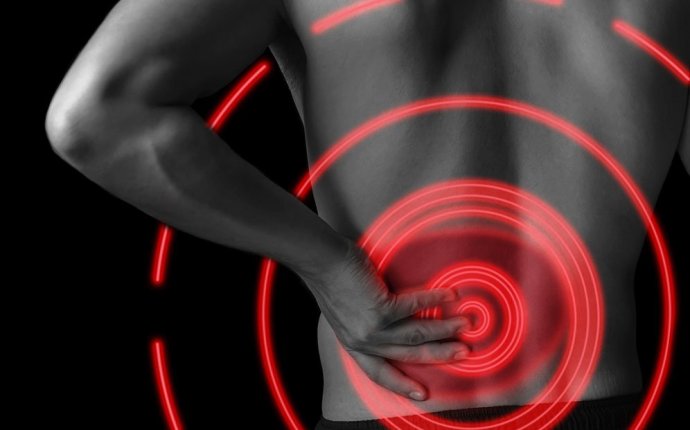
How to Solve Lower back pain?
Back pain can affect most of us from time to time. Find out what could be going on.
En español | Four out of 5 people will experience low back pain and, odds are, they'll know what triggered it: They lifted a box improperly, slept "funny" or simply sneezed.
Check out these five surprising ways your back gets out of whack, and tips for keeping it in line.
You are leaving AARP.org and going to the website of our trusted provider. The provider's terms, conditions and policies apply. Please return to AARP.org to learn more about other benefits.
1. You're feeling down
The blues and more serious mood disorders such as depression can translate into pain in other parts of your body. Researchers from the University of Sydney found that people who had symptoms of depression had 60 percent greater incidence of back pain compared with those who were not depressed.
Although the link between back pain and depression isn't clear, one theory is that people who are depressed are less likely to exercise and more likely to have disturbed sleep, both of which contribute to back pain.
The fix: See a therapist, who can help you manage your low moods. This, in turn, could help your back pain subside.
2. You have tight hips
A lifetime of sitting steadily decreases hip mobility by thickening the fibrous tissue encasing your joints. This puts extra strain on your lower back, and inflammation from arthritis can make the situation even worse. Plus, if you lean forward when you sit — as most of us do while we're at the computer — you're putting almost double the amount of force on your spine, compared with standing, says Alan Hedge, director of the Human Factors and Ergonomics Research Laboratory at Cornell University.
The fix: Loosen up your hips with a classic frog pose. With your knees on the floor, spread your legs apart as far as you can. Then roll your upper body forward so your elbows and forearms are on the floor.
3. You're heavy in the front
You probably know that being overweight can contribute to back pain, but the location of those extra pounds makes a difference, too, says Kevin Vincent, M.D., of the University of Florida. Extra weight in your gut tilts your pelvis and increases the curve of your spine. "The spine's joints are pushed and under stress, " he says. "They compress together."









